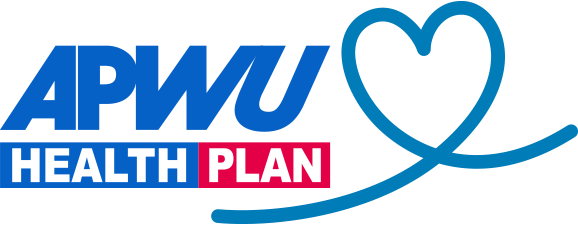Becoming a mother is an exciting transition that changes you in unexpected ways and gives you a new perspective on life. It’s a time of joy, but many new moms experience intense mood swings after giving birth. One minute you feel happy, only to break down crying the next. The baby blues are a normal part of early motherhood and usually go away within a few weeks of your delivery. But if your symptoms persist and begin to affect your quality of life, you may have postpartum depression.
What is postpartum depression?
Many people feel sad, empty, or tired for a few weeks after giving birth—a condition called the baby blues. These feelings are quite common because following labor and delivery your hormone levels go up and down in a way that can trigger mood swings, irritability, trouble sleeping, and other symptoms.
With postpartum depression, feelings of sadness, loss of appetite, and lack of energy last much longer and can interfere with daily activities.
How common is postpartum depression? Postpartum depression is a serious medical condition that affects about one in ten new mothers. Symptoms can develop anytime after childbirth but often start within three weeks of having a baby.
Warning signs of postpartum depression
Symptoms of postpartum depression vary from person to person, and you may experience different symptoms from day to day. Symptoms include:
- Feeling sad or crying a lot
- Feeling worthless, hopeless, or guilty
- Impatience and irritability
- Lack of interest in activities that usually give you pleasure
- Withdrawing from friends, family, and social situations
- Difficulty concentrating
- Restlessness or anxiety
- Loss of appetite or unexplained weight gain
- Chronic headaches, pain, or stomach problems
- Difficulty sleeping or sleeping more than usual
- Showing little interest in your baby or difficulty bonding with your baby
- Thoughts of hurting the baby or yourself
Make an appointment with your doctor if you experience these or other symptoms that affect your ability to care for your child. Postpartum depression can make you feel like you’re a bad parent, but it isn’t your fault—and it doesn’t mean you don’t love your baby. The condition is more common than you may think.
If you’re experiencing postpartum depression, you need to know you’re not alone. Treatments are available to help you overcome it.
Treating postpartum depression
Postpartum depression is often treated with a combination of mental health counseling—specifically cognitive behavioral therapy (CBT)—and medication.
CBT involves learning techniques and strategies that help you change your thinking patterns, recognize distorted thinking, use problem-solving skills to cope with challenges, and develop greater confidence in your abilities.
Your healthcare provider may also prescribe a prescription antidepressant. These medications can help relieve your symptoms but usually take six to eight weeks to start working fully. You can safely take most antidepressants while you breastfeed with little risk of side effects for your baby, but talk with your provider about the potential risks and benefits of specific medicines.
Find relief from your symptoms with postpartum depression self-care
As you seek medical treatments for postpartum depression, taking good care of yourself can help speed your recovery.
- Make healthy lifestyle choices to protect your mental health. Eat wholesome, nutritious foods, get as much sleep as you can, and avoid alcohol, which can make you feel depressed. And remember, regular physical activity can help manage depression and anxiety.
- Set realistic expectations. Be honest about how much you can do. You don’t have to be a supermom. Parenting brings many challenges, and it’s okay to feel overwhelmed. Celebrate your small achievements.
- Ask for help. Build a support network of people who can help you with childcare, household chores, and errands.
- Avoid isolation. Talk with your partner and family about how you’re feeling. Meet a friend for coffee or see a movie together. Ask other mothers about parenting skills and tips you can use to improve your baby’s sleep. Talking with someone you trust can help you find positive ways to respond to life’s challenges.
- Make time for yourself. Take a bath, start a new hobby, or practice relaxation techniques. Setting aside just 10 to 20 minutes a day for yourself can help.
- Get out of the house. Do something you enjoy, such as going for a walk or discovering ways to exercise while sitting down. Getting outside and spending time in nature may help you feel better.
- Keep a journal. Writing about your emotions and experiences helps you better understand your feelings. Self-expression can play a key role in healing.
Postpartum depression is not your fault
The stressful, exhausting period following a baby’s birth is more difficult when you’re dealing with depression. The good news it that postpartum depression is a common medical condition that can be treated.
If you’re experiencing symptoms of postpartum depression, talk to your healthcare provider about your thoughts and feelings. The sooner you get help, the sooner you’ll be able to get on with your life and care for your new baby.
Postpartum depression resources
Postpartum Support International offers education, online support, information about local resources, and a HelpLine available 8 am – 11 pm ET.
988 Lifeline is available 24/7 across the United States for anyone who is in crisis, worried about a friend or loved one, or needs emotional support.







